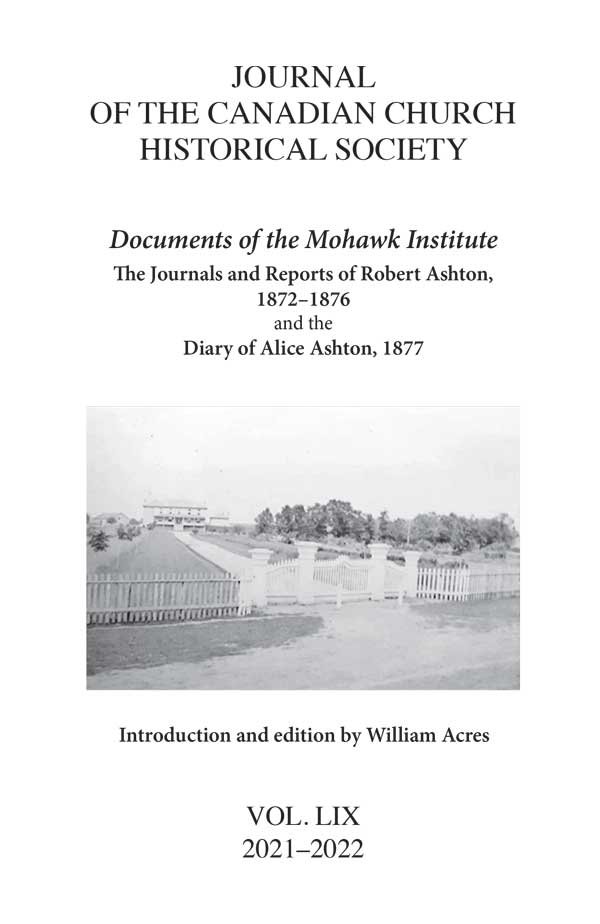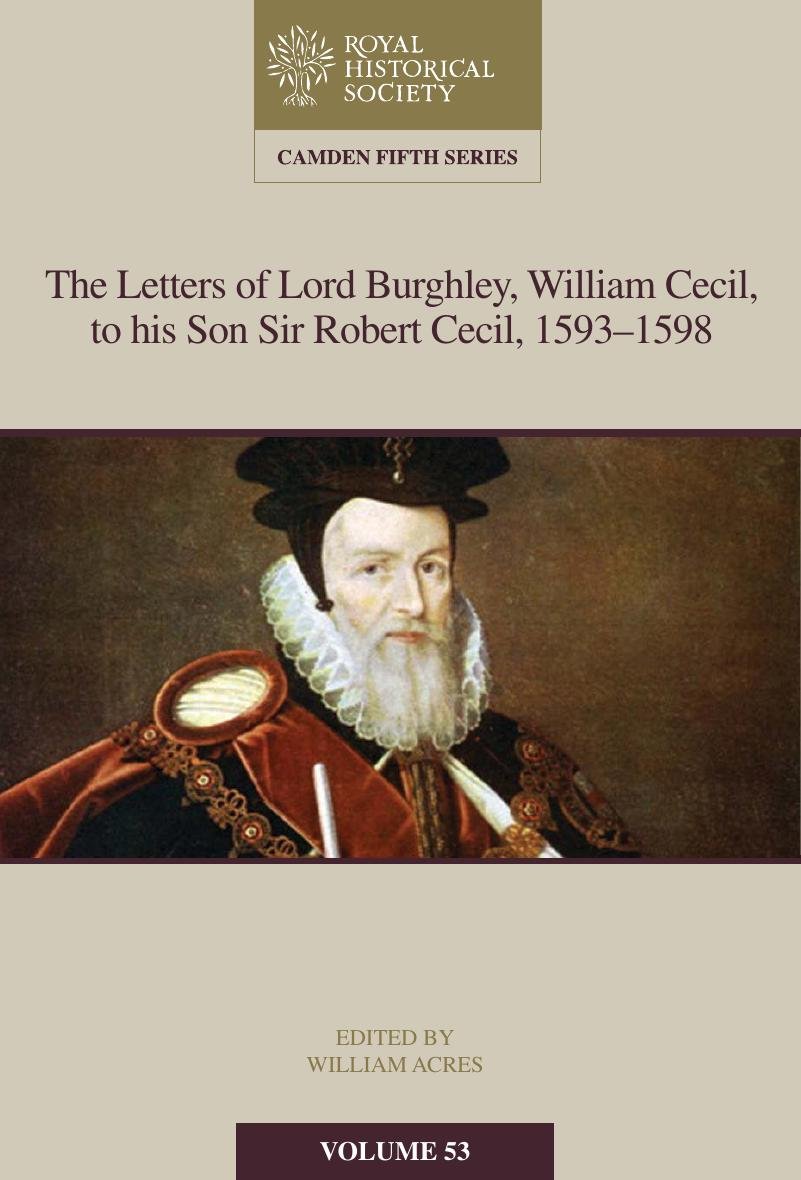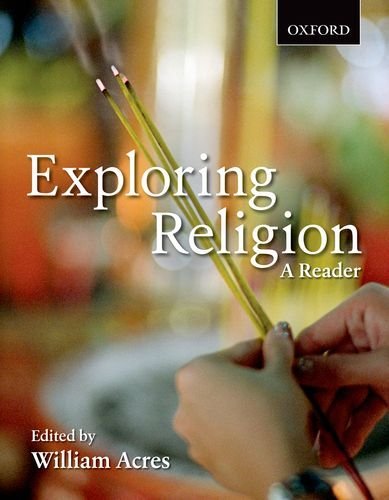
Dr. William D. Acres
Historian | Educator | Editor | Scholar Dr. William Acres is a historian of early modern England and Professor of History and Comparative Religion at Huron University College. His work explores the intersections of religion, politics, and law, with a commitment to scholarly editing, community engagement, and Indigenous education. Through his publications, teaching, and leadership, he brings historical insight to contemporary questions of justice and belief.
Dr. William D. Acres
Historian | Educator | Editor | ScholarDr. William Acres is a historian of early modern England and Professor of History and Comparative Religion at Huron University College. His work explores the intersections of religion, politics, and law, with a commitment to scholarly editing, community engagement, and Indigenous education. Through his publications, teaching, and leadership, he brings historical insight to contemporary questions of justice and belief.
Dr. William D. Acres
Historian | Educator | Editor | Scholar
Dr. William Acres is a historian of early modern England and Professor of History and Comparative Religion at Huron University College. His work explores the intersections of religion, politics, and law, with a commitment to scholarly editing, community engagement, and Indigenous education. Through his publications, teaching, and leadership, he brings historical insight to contemporary questions of justice and belief.
Documents of the Mohawk Institute
Documents of the Mohawk Institute: The Journals and Reports of Robert Ashton, 1872–1876 and the Diary of Alice Ashton, 1877 is a concise volume of primary sources with an introduction by Dr. William Acres. Robert Ashton (1843–1930), superintendent under the London-based New England Company, and matron Alice Turner Ashton (1840–1920) arrived in October 1872 to bring the first radical changes to the school in forty years. Acres’s introduction provides the background required to make sense of the Ashton journals and charts the progressive cordoning off of the school and its “inmates” from parents, family, the Confederacy Council, the Canadian government, and missionaries.
Order NowThe Letters Of Lord Burghley, William Cecil, To His Son Sir Robert Cecil, 1593–1598
The 128 letters of William Cecil, Lord Burghley, to his son Sir Robert Cecil in Cambridge University Library, Manuscript Ee.3.56, are the largest collection of papers showing the close direction and counsel he gave his son in seeking and obtaining the office of Principal Secretary, 1593–1598. The materials concentrate on the task of receiving and crafting a wide and large array of papers on behalf of Queen Elizabeth I and her Privy Council; finance, administration, foreign policy, and religion figure prominently, as does the shift from continental war to Ireland. These letters also reveal the intimate relationship between the father and son; Burghley's care for his family, his thoughts of death, and a unique record of illness and old age are framed by his political and spiritual anxieties for the future of the Queen and her realms.
Read NowExploring Religion: A Reader
A concise, interdisciplinary collection of 30 readings that challenges students to examine assumptions, think critically across contexts, and explore the many ways “religion” shapes global culture.
Order Now


